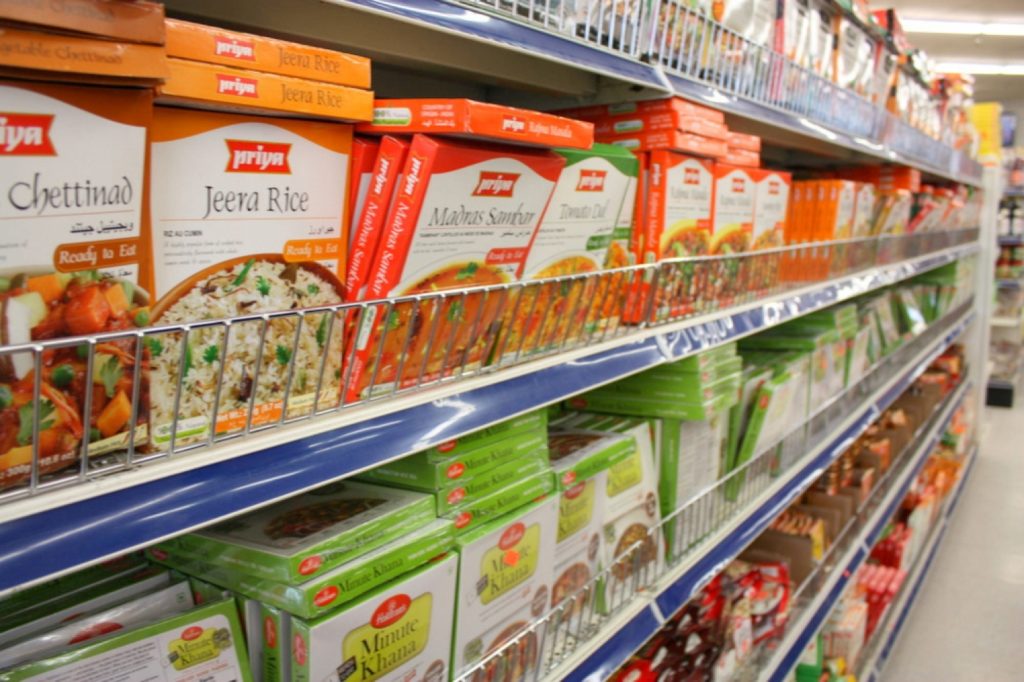Image from Flickr Creative Commons: ![]() Some rights reserved by La.Catholique
Some rights reserved by La.Catholique
May was the month of interpack – the triennial gathering in Düsseldorf of the worldwide packaging community. The organisers declared the show one of the most successful events in the 53-year history of the world’s most important trade fair for the packaging sector and related processing industries, with 2,700 exhibitors from 60 nations completely filling the 19 halls of the Düsseldorf fairground.
The fact that interpack was this year co-located with the Eurovision Song Contest provided for an interesting demographic mix in and around Düsseldorf as well as something of a challenge for the 200,000+ people looking for accommodation.
Several members of the AD team were on hand to support clients during the show and for those of us who have attended a number of interpacks over the years, it was interesting to walk the halls and do a bit of ‘trendspotting’: what’s hot and what’s not compared with previous years.
The drive for efficiency and automation continues unabated, with quick changeover and robotic technology much in evidence in all the machinery halls. Top of the agenda overall, though, was the theme of sustainability. Centrally-located in the fairground was the Save Food pavilion, where over 300 delegates from the packaging supply chain met to discuss how to combat food waste on a global basis.
Packaging appears to be both hero and villain in this scenario – on the one hand, many foodstuffs simply wouldn’t survive the journey from production to consumption without appropriate packaging; on the other, the disposal of said packaging after use is a key environmental concern.
One of the key findings of the Save Food conference was that fresh food, as opposed to dried or canned good, is the biggest source of food waste. The UK Government’s recent musings on eliminating ‘best before’ dates as a means of reducing food waste are an interesting contribution to the debate, though they overlook one significant fact: variable information on packaging is about much more than a date, it’s a vital means of tracing food through the supply chain and managing product recalls where there is a potential danger to public health.
Just a few days after interpack closed its doors, Germany found itself in the grip of a serious food poisoning outbreak, the source of which is still unconfirmed, and a source of profound concern, not least to Spanish farmers whose produce exports have fallen prey to the hysterical media finger pointing. In crises such as these, variable data is the only reliable mechanism for identifying where a product has been delivered and recalling it from store shelves or consumers’ fridges or store cupboards.
